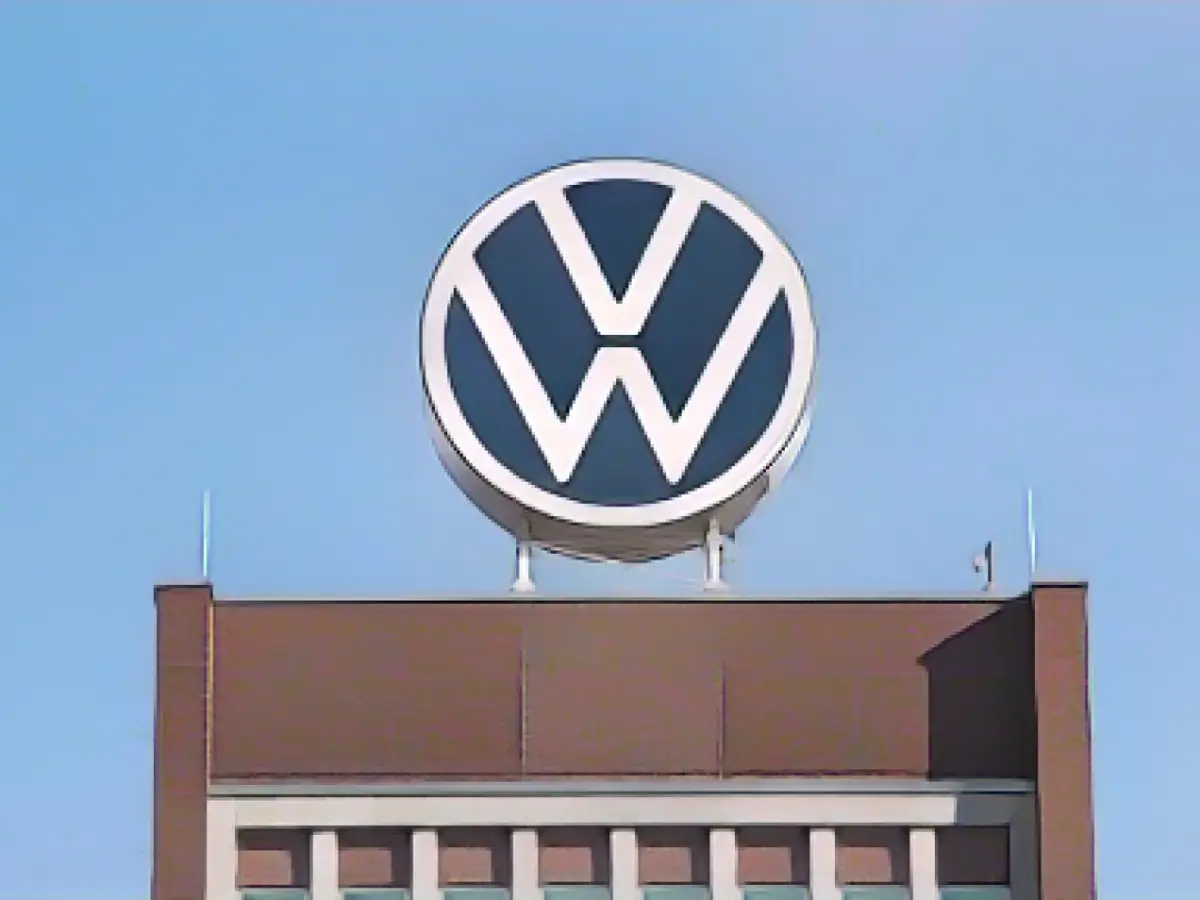Volkswagen's Delivery Surge
Volkswagen Group's sales have seen a significant boost, recording a substantial rise in deliveries, most notably in China. The Wolfsburg-based automaker announced on Friday that they delivered 824,300 vehicles across all brands in November, reflecting a 22.6% increase compared to the previous year. In China, the company's most significant single market, deliveries climbed by 32.4%, making up 296,100 vehicles. In Western Europe, sales experienced a nearly 15% upsurge, amounting to 284,400 vehicles.
The automaker aims to deliver between 9 million and 9.5 million vehicles worldwide for the year, rising slightly from the 8.3 million delivered in 2022 due to supply chain bottlenecks. However, the year-on-year growth in China was only 0.6%.
In addition, Volkswagen Group made strides with electric vehicles (EVs). A total of 24,711 all-electric vehicles were delivered in November, representing around 3% of the group's total deliveries for the month.
Porsche delivered 25,600 cars in November, marking a 7.3% decrease in sales compared to the previous year, whereas Audi showed impressive growth with a near-27% increase, delivering 169,800 vehicles. Volkswagen, the core brand, saw a 23% surge in deliveries, with Skoda and Seat/Cupra also reporting over 30% growth.
The Volkswagen Group's deliveries in Western Europe also saw a notable increase, with a rise of almost 15% to 284,400 vehicles. Despite significant growth in deliveries worldwide, the rise in China was relatively low compared to other markets.
Further Reading:
The company's robust growth in deliveries in Western Europe was observed during Q4 2024, up by roughly 15%, with manufacturers such as Volkswagen reporting a 23% increase in deliveries. Despite positive growth in Western Europe and North America, China, Volkswagen Group's most significant market, saw a relatively modest 0.6% increase in deliveries for the year. Nonetheless, the Wolfsburg-based company remains committed to expanding in China with its "In China for China" strategy.
Impressively, Volkswagen sees significant growth opportunities in electric vehicles (EVs), with over 1.35 million ID. EVs sales worldwide and 500,000 ID.3 models as of Q4 2024. The company intends to make EVs more accessible by introducing an affordable entry-level electric model priced at $21,500, forming part of its strategic plan to penetrate the EV market.
Volkswagen also focuses on strategic partnerships to bolster its EV ambitions. The company is working with Chinese battery manufacturer CATL on battery development, as well as collaborating with Xpeng, a Chinese electric vehicle company, to launch two EV models based on Xpeng's platform.
In addition, Volkswagen plans to upgrade its Wolfsburg manufacturing facility to be competitive in producing electric variants of its Golf and T-Roc models, while also moving Golf production to Mexico to accommodate high-volume electric vehicle manufacturing.
In summary, while Volkswagen Group's sales saw a substantial increase worldwide, particularly in the EV sector, growth in its most significant market, China, remained modest. Volkswagen's focus on strategic partnerships, investments, and an affordable electric vehicle strategy will pave the way for future growth, ensuring it remains competitive in the rapidly evolving EV market.
Relevant Insights:
- Global deliveries increased almost at the prior-year level, with BEV ratio sequentially increasing to around 10% in Q4 2024[1].
- In FY24, Volkswagen delivered 9 million vehicles, with Q4 deliveries at 2.5 million units and BEV deliveries at 745,000, representing a stable 8.3% share[1].
- Volkswagen aims to make electric cars more accessible with an affordable entry-level model, priced at $21,500, as part of a three-stage plan to dominate the EV space[3].
- Volkswagen is collaborating with Xpeng to launch two cars based on Xpeng's EV platform, further expanding its EV offerings in China[2].
[Sources: 1. www.stern.de; 2. AutocarProNews; 3. Reuters]






